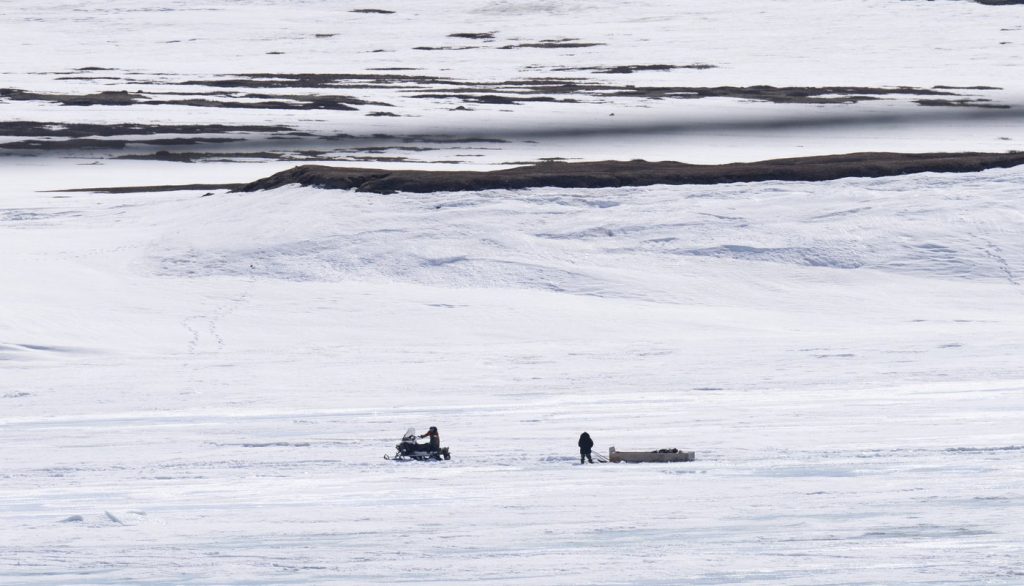MONTREAL – Officials in the Nunavik region of Quebec are sounding the alarm regarding significant water distribution challenges faced by the Inuit community of Puvirnituq. The situation has become critical due to various infrastructural and environmental factors impacting the town of approximately 2,100 residents.
The Kativik Regional Government reports that during a blizzard in mid-March, the village's five-kilometre-long water pipeline froze, and it has not yet thawed. This unfortunate incident has forced the community to rely on trucking in water from distant sources, exacerbating the challenges posed by extreme weather conditions and icy roads.
To address the immediate need for water, the local authorities are utilizing a pumping station where the water is manually loaded onto trucks. Once loaded, the water is disinfected with chlorine before being transported to the residents. This method, while necessary, illuminates the reliance on a fragile infrastructure that is unable to withstand the extreme climatic conditions typical of the region.
The Kativik Regional Government has identified several contributing factors to the ongoing water distribution challenges. These include infrastructure limitations, limited truck capacity, a shortage of experienced technical staff, and delays caused by unpredictable weather. Each of these factors plays a role in complicating the already difficult task of ensuring a reliable water supply to the community.
Looking ahead, the regional government remains hopeful that conditions will improve sufficiently by June to allow for interim repairs to the frozen pipeline. If the weather permits, they anticipate that normal water distribution operations could resume during the summer months. The prospect of returning to a standard operational state is crucial for the community, which relies heavily on consistent access to clean and safe drinking water.
The circumstances in Puvirnituq serve as a stark reminder of the challenges faced by remote communities in Canada, particularly those in the northern regions. The combination of extreme weather, limited infrastructure, and logistical hurdles highlights the need for continued investment and attention to the basic necessities of life in these areas.
As the Kativik Regional Government prepares to implement potential repairs and improvements, the support from both local and provincial authorities will be vital. Ensuring a stable water supply is essential not just for health and hygiene but also for the overall well-being of the residents within this isolated Inuit community.











